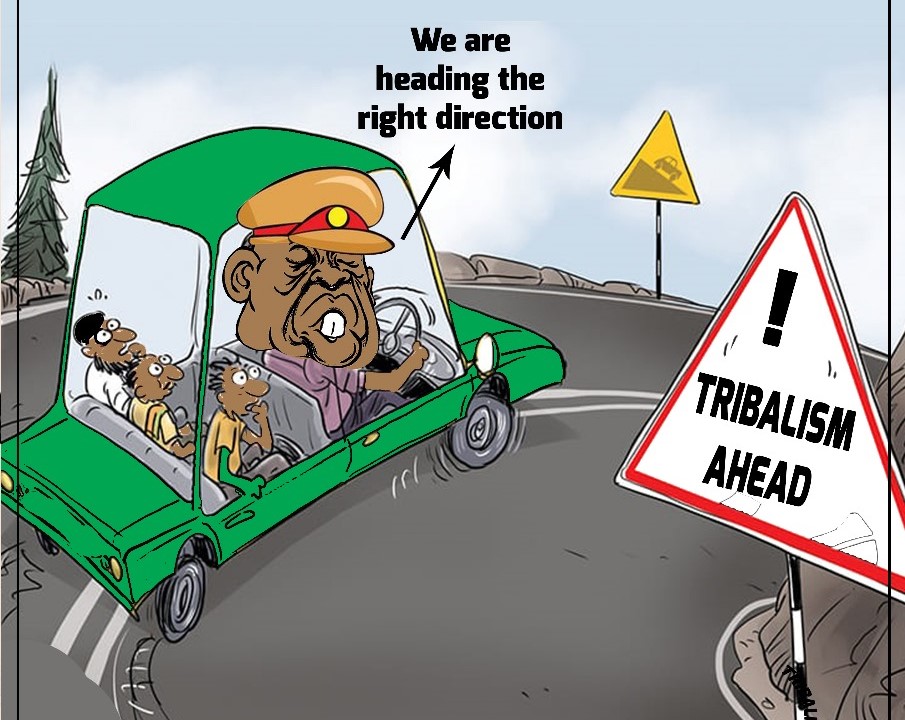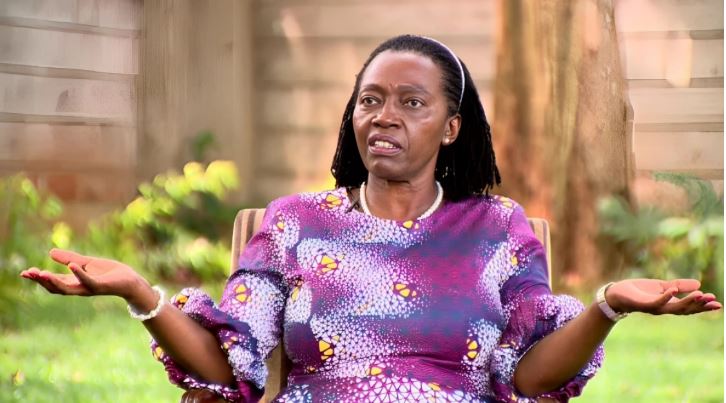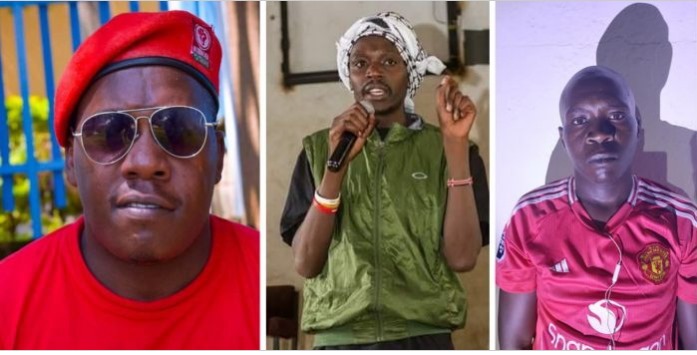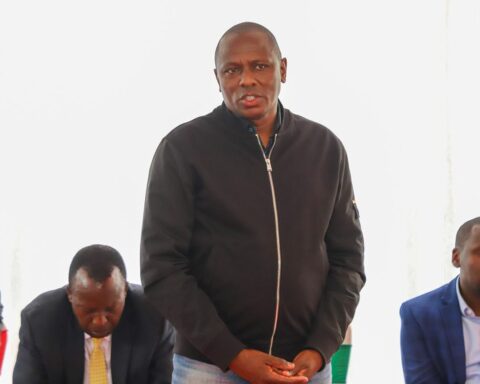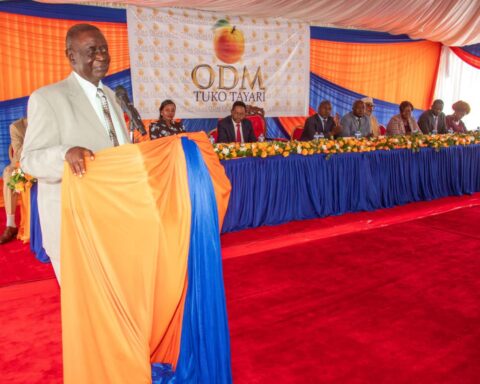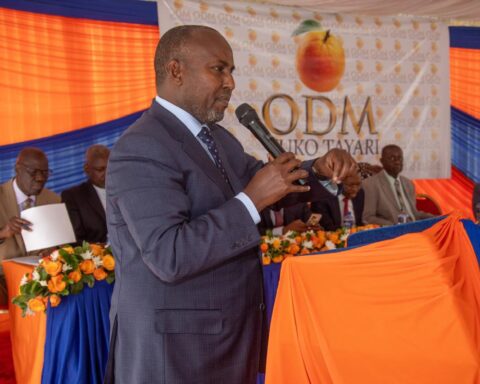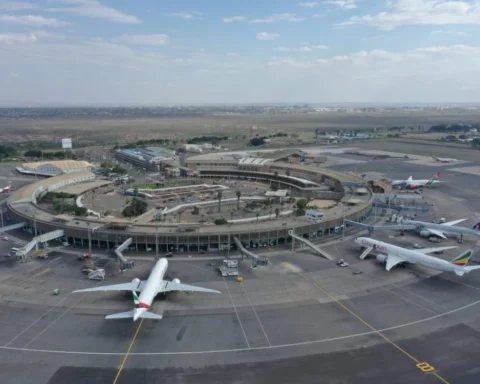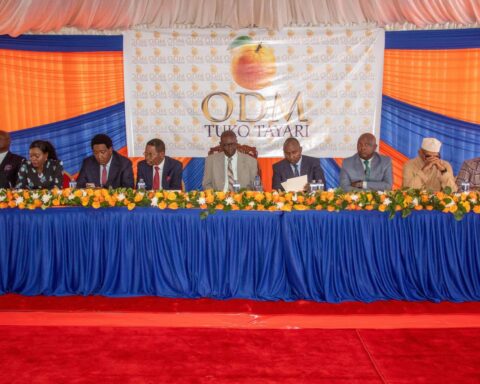Former Deputy President Rigathi Gachagua has ignited a fresh political storm with his self-declared frontrunner status for the opposition’s 2027 presidential ticket.
Speaking to a largely Kikuyu audience during a diaspora engagement in Boston on 21st July, Gachagua confidently claimed he has the “best chance” of unseating President William Ruto, pointing to Mt. Kenya’s numerical weight as his political capital.
But beneath the bravado lies a troubling strategy—one that prioritizes ethnic arithmetic over national cohesion and reduces Kenya’s democratic contest to a tribal headcount. Gachagua’s vision of leadership, grounded in regional dominance and ethnic calculations, threatens to drag the country backwards.
In his Boston address, Gachagua proposed a December 2026 meeting of opposition leaders—among them Wiper’s Kalonzo Musyoka and NARC Kenya’s Martha Karua—to compare “political numbers” from their respective ethnic strongholds. “Everyone who wants to be president has been told: go and look for your votes,” he declared, effectively dismissing the role of issue-based leadership in shaping the next administration.
Absent from his speech was any mention of solutions to Kenya’s pressing challenges—runaway youth unemployment, a ballooning public debt, failing healthcare systems, or the rising cost of living. Instead, Gachagua’s remarks centered on Mt. Kenya’s 4.5 million-strong voting bloc, which backed President Ruto in 2022. His message to fellow opposition leaders was blunt: Mt. Kenya’s numbers make him the inevitable flagbearer.
This is not new terrain for Gachagua. His political career has been characterized by unapologetic ethnic mobilization. As Deputy President, he faced impeachment in October 2024 over accusations of inciting ethnic division—fuelled in part by his infamous “don’t touch the mountain” rhetoric, widely seen as exclusionary and inflammatory.
His newly launched Democracy for Citizens Party (DCP) is widely seen as a vehicle to consolidate the Mt. Kenya vote under his control ahead of 2027. Online reactions have been swift and scathing, with X users like @morwanii_ and @Asamoh_ condemning Gachagua’s brand of “archaic” tribal politics—warning it could drag Kenya back into the dangerous era of ethnic polarization that marked some of the nation’s darkest political chapters.
Delivering his message from the United States—a calculated move—Gachagua targeted the influential Kikuyu diaspora, further signaling that his strategy is rooted in regional dominance, not national unity. But in doing so, he alienates millions of Kenyans who are demanding policy-driven leadership and a cohesive opposition front.
Political analyst Julius Kairu notes, “Kenya cannot afford leaders who reduce presidential elections to tribal bartering. Gachagua’s approach weakens the opposition’s chances and plays directly into Ruto’s hands by splintering the vote.”
As the country inches toward 2027, the stakes are too high for Kenya to revert to politics of exclusion. Gachagua’s ethnic calculus, disguised as strategy, is a perilous path that undermines both democracy and stability.
Kenyans should reject this regressive playbook. The nation needs leaders who speak to all 47 million citizens—not ethnic strongholds. In the face of growing inequality, economic hardship, and public frustration, Kenya’s next leader must rise above tribal lines and embrace a vision that unites, not divides.
Kenya deserves better.
